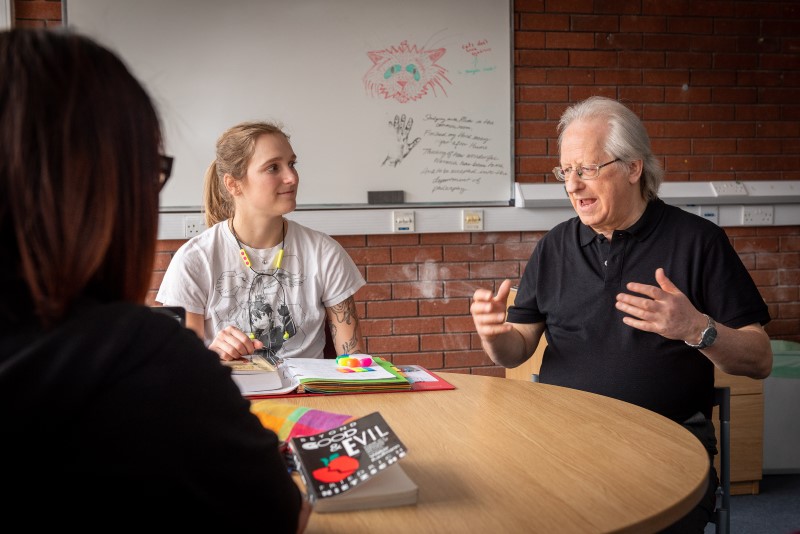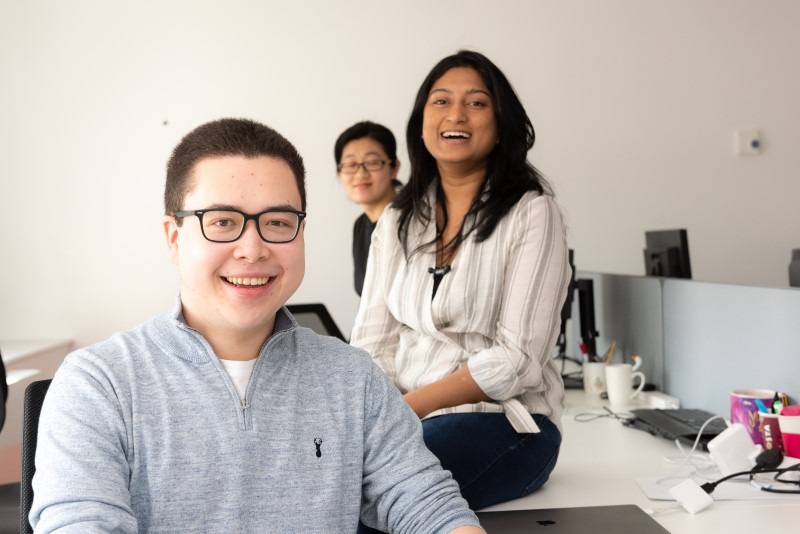Setting the standard for research culture across the UK
Setting the standard for research culture across the UK
Professor Caroline Meyer, Pro-Vice-Chancellor (Research)
"At The University of Warwick, we see growing a positive research culture as essential. As HEIs, we must work collectively to improve environments, attitudes and working practices throughout the sector."
As defined by the Royal Society, Research Culture “encompasses the behaviours, values, expectations, attitudes and norms of our research communities. It influences researchers’ career paths and determines the way that research is conducted and communicated.” Research culture is complex to define. At Warwick we believe this to include professional behaviours, research processes, and the management of transparency and risk.
A thriving research culture also impacts our partners in industry and the NHS, and the schools we engage with through research outreach programmes. I see the importance of streamlining our research processes, making it easier for our research teams to facilitate collaboration and deliver results.
As a psychologist, I know just how vital it is to get our culture right. It empowers people to be ambitious, get creative and work in the most transparent, thorough ways. Most importantly it supports the mental health of everyone involved, which drives both wellbeing and productivity.
When I was first appointed to my role as Pro-Vice-Chancellor for Research, I spent a great deal of time listening to colleagues within departments about their experiences of getting research done. These conversations identified several barriers which the Research Executive, working closely with our brilliant colleagues in Research and Impact Services, have been working to reduce or remove.
In addition to this work on improving processes, using our funding from UKRI’s Research England, we launched 40 projects, all conceived by our community. These included interventions to improve researcher wellbeing and the removal of barriers to access for underrepresented groups including women, minority PhD students and refugees. The success of these projects is all down to our collective creativity and our drive to make things better.

As we approach our third wave of Enhancing Research Culture Projects, we recognise the empowerment our research teams have gained and value the impact made in the areas that are most important to them. The projects also continue to diversify with each round of funding.
But, if we were to focus only on the culture here at our university, we’d be missing the point. There are certain issues that we need to look to tackle across the whole of the UK’s higher education sector.
That’s why we are excited to have set up the National Centre for Research Culture.
All too often, universities work disparately on separate initiatives, when synergy would be far more likely to reduce duplication and achieve long-term change.
The Centre aims to bring people together to share ideas and best practice. The NCRC network will enable the sector to tackle some important issues, such as how to determine the effectiveness of research culture initiatives, how to prioritise time for research and how to best support the career progression of our research support staff.

The NCRC hosted the first International Research Culture Conference in September 2023, with over 300 delegates from 13 different countries attending, in person and online.
At Warwick, we’re well placed to lead the way when it comes to research culture. Warwick is a place in which we can think differently and make positive change.

